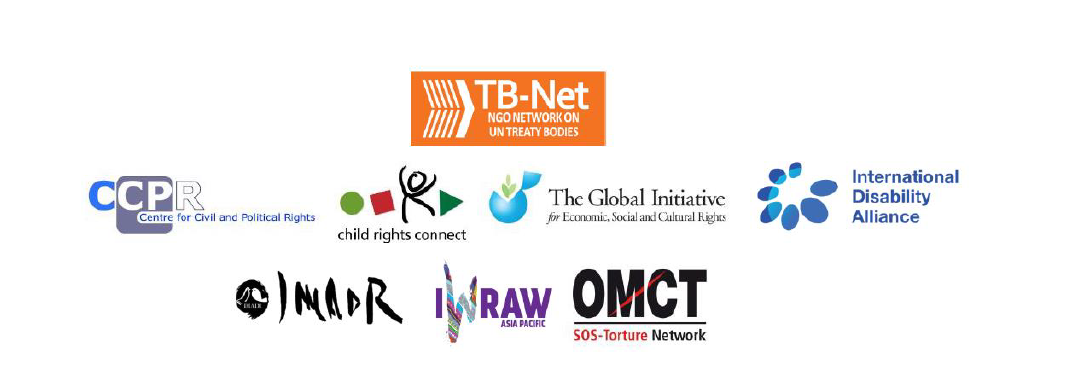Ensuring human rights accountability in the context of the covid-19 pandemic: Opportunities and challenges of online work for the UN Human Rights Treaty Bodies
The COVID-19 pandemic is spotlighting and exacerbating many existing human rights issues, including discrimination against marginalised groups and structural inequality. In the current context of states of emergencies and rights derogation in a large number of countries, monitoring and accountability for human rights violations is vital. The UN Human Rights Treaty Bodies (UNTBs) are an important element of the human rights accountability regime that can review States’ responses to COVID-19 and provide guidance, highlighting good practices in preparing and responding to the crises and preventing further human rights violations.
The Chairpersons of the UNTBs are holding a virtual, informal meeting to discuss how the covid-19 pandemic has impacted their work and the next steps in the so called ‘treaty body strengthening process’.
GI-ESCR, together with our colleagues from TB-Net, is participating in the Chairpersons’ meetings to highlight the importance of the UNTBs continuing their work and requirements for online meetings to ensure accessibility, transparency, safety and efficacy.
In our Statement we underlined that there is a need to strengthen the capacity of the UNTBs to work online, so that they can continue their important work. We presented our Paper which outlines our views about online work of the UNTBs and, importantly, discusses how online work must not compromise civil society engagement with the UNTBs but should be an opportunity to enhance accessibility and meaningful engagement for civil society.

